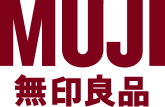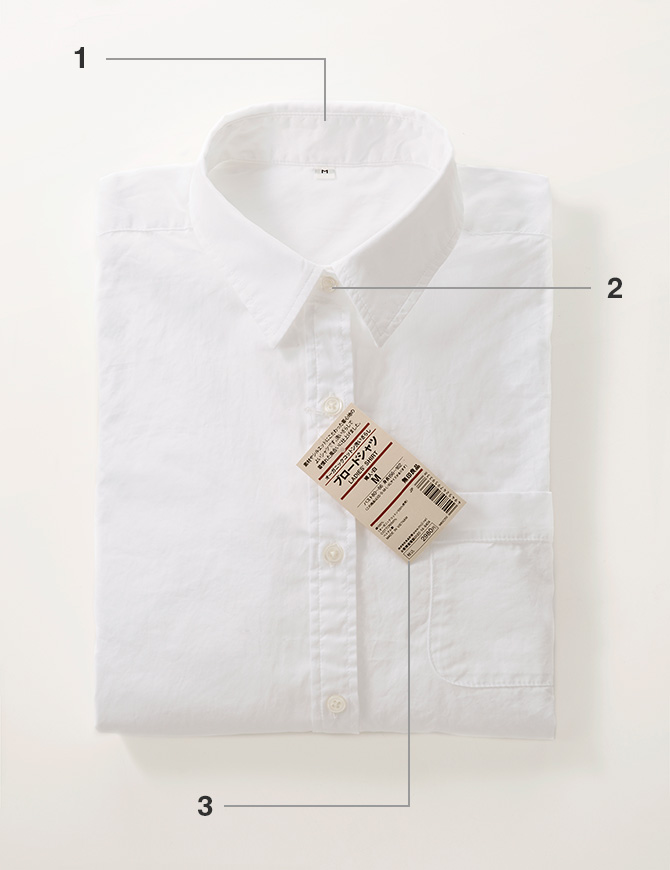MUJI and the philosophy behind 'No-Brand Quality Goods'
MUJI, originally founded in Japan in 1980, offers a wide variety of good quality products including clothing, household goods, food items, and even houses. The MUJI name derives from the company’s original name in Japanese: Mujirushi Ryohin, meaning "no-brand quality goods."
Based on the three principles of "selection of materials," "streamlining of processes" and "simplification of packages," MUJI has been developing no-frills quality products. The foundation of MUJl's philosophy has never changed since its birth. Like the compass, which always points to the North, MUJI will continue to indicate the basis and universal nature of life, striving toward “a truthful and sustainable for all”.
The philosophy behind 'No-Brand Quality Goods'
MUJI was founded in Japan in 1980 as an antithesis to the habits of consumer society at that time. On one hand, foreign-made luxury brands were gaining popularity within an economic environment of ever-rising prosperity. On the other, poor-quality, low-priced goods were appearing on the market, and had a polarizing effect on consumption patterns. MUJI was conceived as a critique of this prevailing condition, with the purpose of restoring a vision of products that are truly useful for the customer and maintain an ideal of the proper balance between living and the objects that make it possible. The concept was born of the intersection of two distinct stances: no brand (Mujirushi) and the value of good items (ryohin). MUJI began with three steps: selecting materials, streamlining processes, and simplifying packaging. MUJI’s concept of emphasizing the intrinsic appeal of an object through rationalization and meticulous elimination of excess is closely connected to the traditionally Japanese aesthetic of “su” – meaning plain or unadorned – the idea that simplicity is not merely modest or frugal, but could possibly be more appealing than luxury.
|
|
||
|
1. Selection of Materials Tasty and healthy foods. Comfortable clothing. Household goods that are, above all, easy to use. For MUJI, the materials we use to make such products are of the utmost importance; consequently, considerable attention is given to their selection. We search worldwide for the most suitable raw materials. We use many industrial materials as well as materials discarded by others because of their appearance -items that can be acquired in bulk at low cost. The overriding selection criteria is always quality. These activities underpin our ability to create low-priced, high-quality products.
|
2. Streamlining of Processes The processes by which each product is manufactured are subjected to careful scrutiny at MUJI. Processes that have no bearing on a product's quality such as sorting, sizing, and polishing are eliminated, leaving only these processes that are truly necessary. Even items that have been discarded because they do not meet certain standards of size and appearance are turned into products for sale. Focusing on true quality, MUJl's manufacturing processes eliminate waste and reduce costs.
|
3. Simplification of Packaging When packaging products, MUJI seeks not to adorn them but rather to highlight their natural colors and shapes. For this reason, we use bulk packaging and place products in plain, uniform containers. Faithful to our philosophy of simplicity, this approach is also in keeping with our policy of conserving resources and reducing waste. Thus, all MUJI products appear on store shelves in simple packaging bearing only product-related information and a price tag.
|
Our goal is not to make our customers say, “This is what I want" but "This will do." This philosophy creates satisfied customers who choose our products with a thoughtful, "This will do," rather than an impulsive "This is what I want." To earn this response, we focus not only on product quality and price, but also continually seek to improve our products using unique ideas to eliminate even the slightest inconvenience or discomfort.
MUJI is not a brand whose value rests in the frills and “extras” it adds to its products. MUJI is simplicity – but a simplicity achieved through a complexity of thought and design. MUJI’s streamlining is the result of the careful elimination and subtraction of gratuitous features and design unrelated to function. MUJI, the brand, is rational, and free of agenda, doctrine, and “isms.” The MUJI concept derives from us continuously asking, “What is best from an end user’s point of view?” MUJI aspires to modesty and plainness, the better to adapt and shape itself to the styles, preferences, and practices of as wide a group of people as possible.
“A truthful and sustainable life for all”, and beyond
Today, many countries and businesses are striving to achieve the Sustainable Development Goals (SDGs). However, for Ryohin Keikaku – the parent company of MUJI – the commitment to SDG values is not something new. From the very beginning, MUJI has integrated its "three core principles" into product development and implemented various initiatives to address social issues.
Through its products, services, stores, and activities, MUJI remains committed to providing not only essential and practical products but also those that benefit the environment, producers, consumers, and local communities. MUJI will also evolve our efforts to help address local challenges, and contribute to the harmonious coexistence and development of daily life, culture and the environment together with local communities, striving to realize the goal of "a truthful and sustainable life for all".
Learn more about Ryohin Keikaku and the MUJI brand here.


